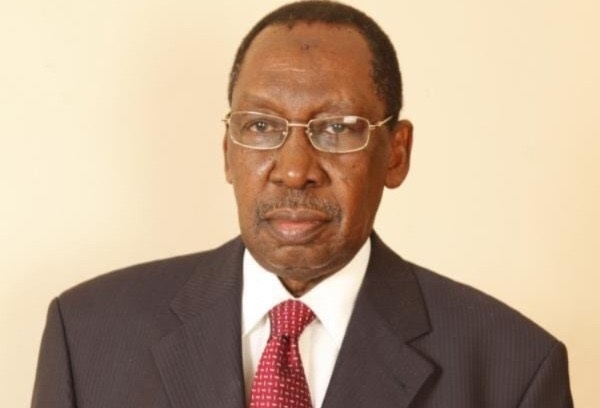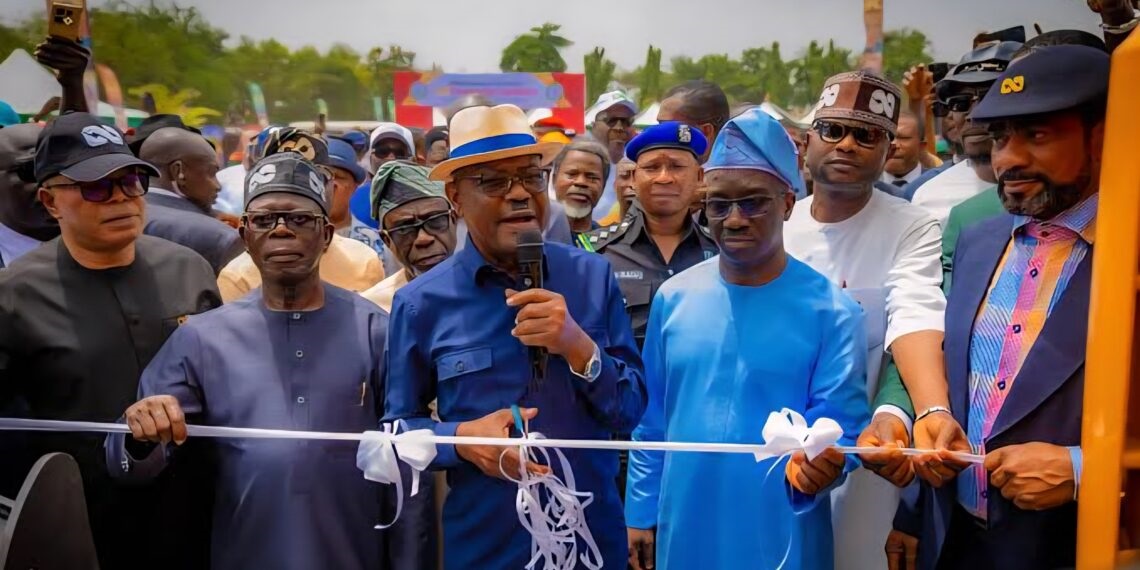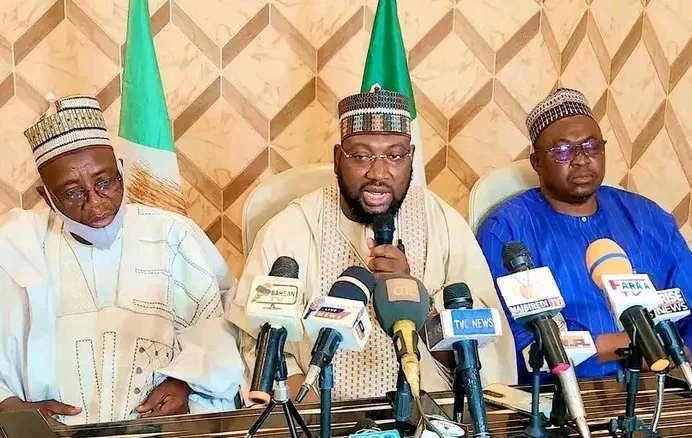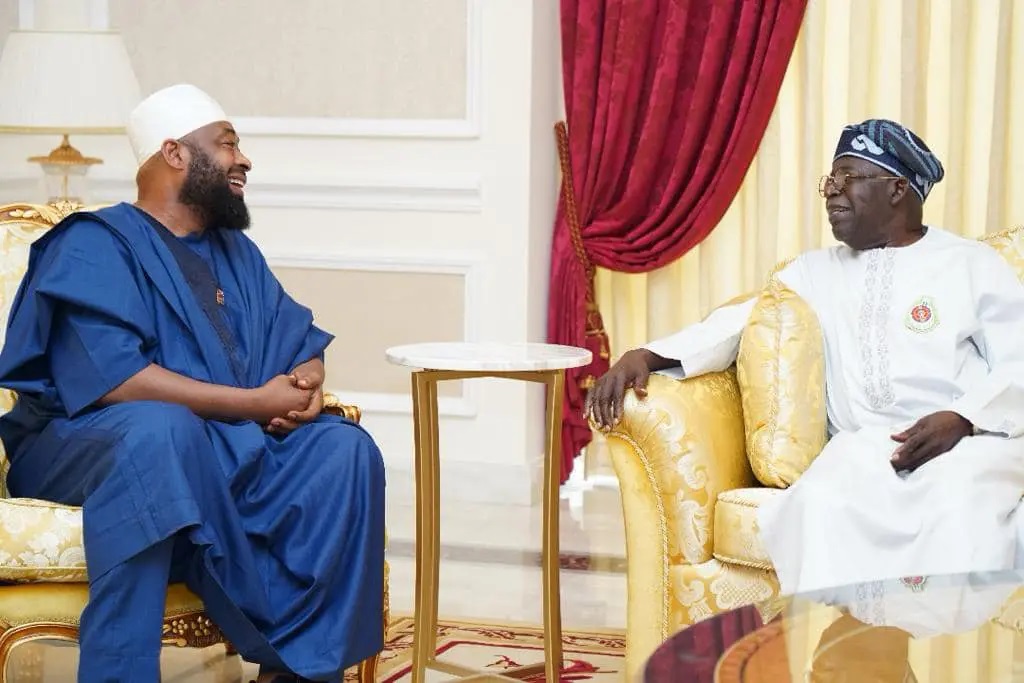The Trade Union Congress (TUC) has called for the full implementation of the Justice Mohammed Uwais report on electoral reform to strengthen Nigeria’s electoral system.
TUC President, Mr. Festus Osifo, made the call on Monday at a one-day Public Hearing on a Bill to Repeal the Electoral Act No. 13, 2022 and Enact the Electoral Act 2025, organised by the Joint Senate and House of Representatives Committee on INEC.
Osifo, represented by Mr. Tolulope Akinyoye, a TUC official, said the credibility of Nigeria’s democracy had been repeatedly undermined by flawed elections, making it necessary to adopt the Uwais report in full.
“We support the full implementation of the recommendations of the Justice Uwais Electoral Reform Report, which includes transferring the power to appoint INEC commissioners and chairman from the President to the National Judicial Council (NJC),” Osifo said.
He also advocated the criminalisation of vote buying and pre-election violence, enforcement of sanctions, restructuring and unbundling of INEC, and setting clear timelines for resolving election disputes.
Osifo added that the use of modern technology—including biometric data capture, electronic voting, and electronic transmission of results—would further enhance transparency and integrity in the electoral process.
According to him, credible elections are not only about casting votes but also about giving voice to the working class and ensuring that governments reflect the will of the people.
He urged that the new Act should safeguard workers’ political rights, ensuring that employees in both the public and private sectors can participate freely in political activities without fear of intimidation, harassment, or job loss.
“No worker should be penalised for exercising their constitutional right to vote, campaign, or belong to a political party. Democracy loses its meaning when workers are afraid to express their political preferences,” he said.
The TUC president also proposed that election days and voter registration periods be declared public holidays to allow full participation by all categories of workers, including shift and factory workers.
He called for organised labour participation in electoral stakeholder forums and voter education programmes to safeguard the interests of the working class.
On campaign financing, Osifo recommended reviewing existing provisions to reduce financial barriers to political participation, introducing reasonable limits on campaign expenditure and corporate donations to ensure a level playing field.
He also urged the inclusion of affirmative action provisions in the proposed law to promote gender equality and inclusion by encouraging women and persons with disabilities to seek elective and appointive positions.
“A democracy that excludes half of its population cannot claim full legitimacy. The working citizens remain key to the future development of the electoral process,” he stated.
The News Agency of Nigeria (NAN) reports that several civil society organisations, political groups, pressure groups, and other stakeholders made presentations at the public hearing on the proposed Electoral Act 2025.





